Suburban Surge in the Office Market
There's wide-ranging opportunity beyond traditional downtown locations.
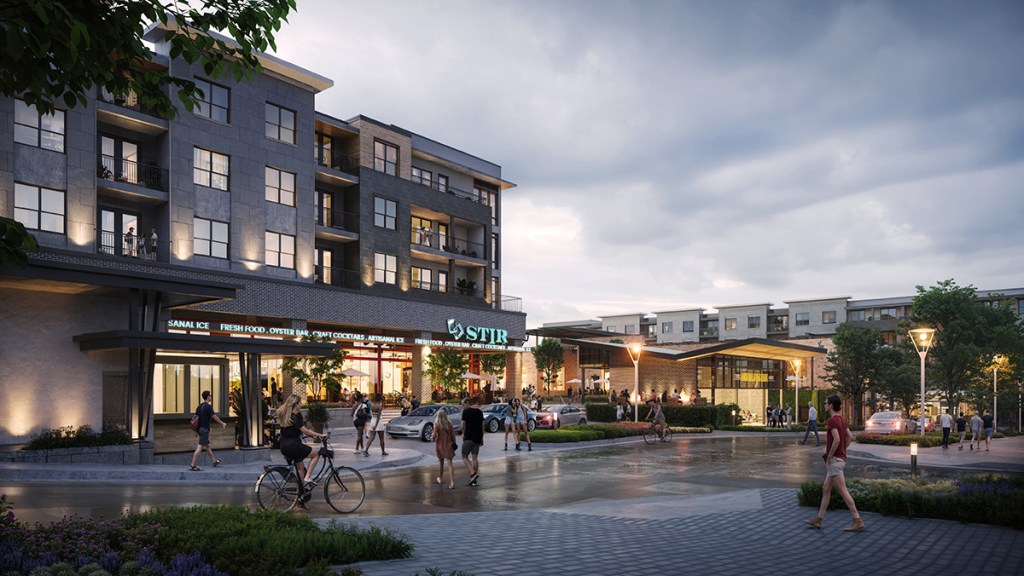
Suburban office properties and parks are generally weathering the office sector’s heightened vacancy rates, slumping property valuations and lagging sales volumes reasonably well in comparison to most of their downtown counterparts.
The average suburban office vacancy rate was 17.1 percent in the fourth quarter of 2024, 50 basis points below the national average of 17.6 percent, according to Colliers’ quarterly office market report. CBD vacancy stood at 100 basis points above the national average. Class A suburban office spaces also saw significant rent growth, up 1.4 percent year-over-year on average, as CBD rents moved 2.4 percent in the opposite direction.
Employee demands for shorter commutes, the downsizing of office space and corporate relocations are among the key drivers of suburban office’s comparative resilience. In the post-pandemic period, suburban office investment is a mix of bargain-hunting with renovation and space activation in mind, along with possible adaptive reuse. Ground-up development, on the other hand, bears little resemblance to the corporate office parks of the 1980s and 1990s, and is taking a page out of the mixed-use playbook.
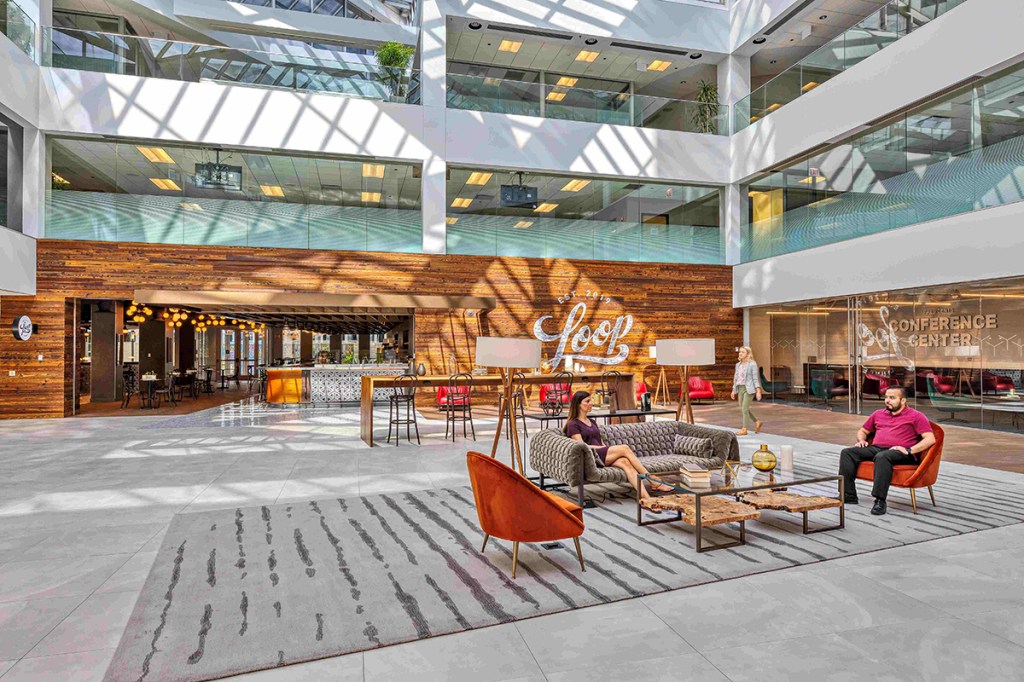
New preferences
To become future-proof, an investment and development strategy for suburban office requires more attention to changing work habits, employee preferences and lease terms.
During the suburban office markets’ last heyday in the 1990s and early 2000s, a history of high occupancy by credit tenants was enough to justify purchasing properties down to the B and C classes. Now, a flight to newer, smaller offices with appealing amenities has permeated suburbia.
CBRE research found that the average size of office leases decreased 27 percent during the first half of 2024 compared to 2018 and 2019. Amenity-driven “prime” buildings generated terms that averaged 21 months longer than Class B and C buildings.
The tenant mix is evolving, as well. Today’s new suburban tenants are likely to be such companies as medical practices, professional services companies and law firms, rather than the back offices, call centers and corporate campuses that were more typical of suburban denizens in earlier decades. The new wave of tenants often seeks to consolidate their workforces in locations that are easier to access on a more consistent basis than downtown.
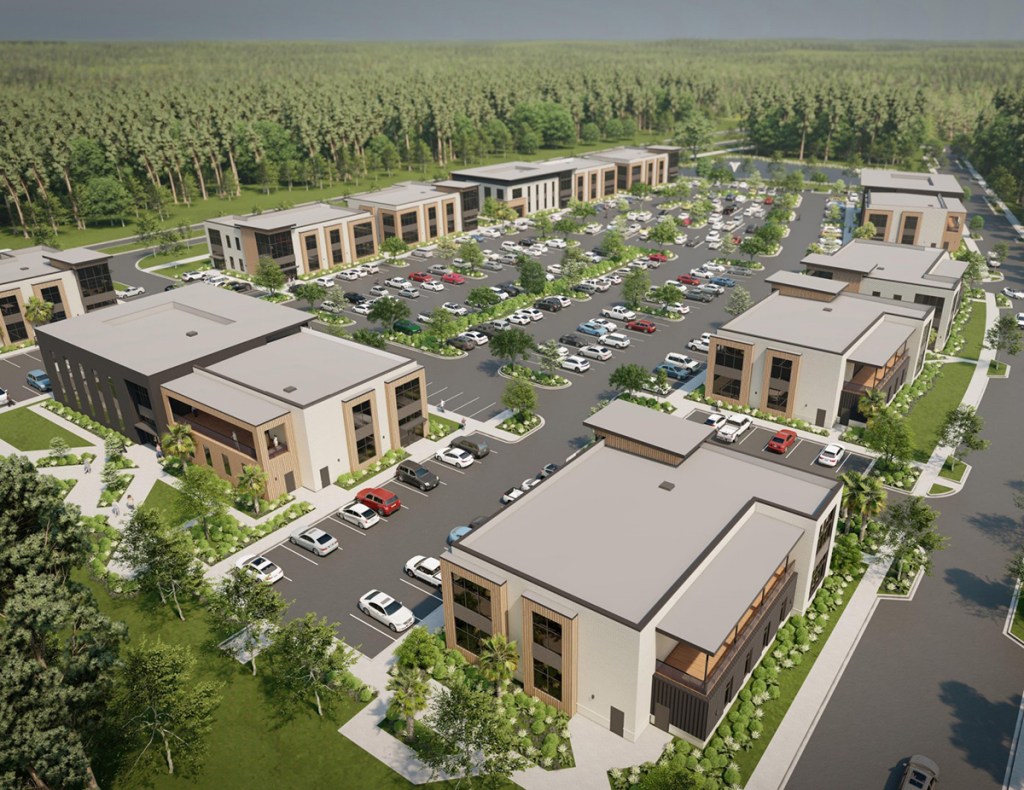
“If you look at suburbia, you look at the carcasses of former headquarters,” said Mark Toro, CEO of Toro Development Co., which is developing a $560 million mixed-use property on the former site of the State Farm campus in Johns Creek, Ga., a suburb northeast of Atlanta.
Also influencing the picture are suburban tenants that are shrinking their footprints and opting for better-quality, higher-priced space. For example, a tenant might move from 100,000 square feet in a Class B building to a Class A space less than one-third that size.
“Companies willing to invest and wanting their workforce to be in person are looking at high-quality space,” commented Jeff Koukol, an executive director at Glenstar. Such trends are impacting investment strategies.
We are always looking for a property with another component to it, one where we may be able to develop some ancillary spaces. Our eye is always on the vacant land that may come along with it.
– Paul Gaines, Chief Asset Officer, Accesso Partners
Accesso Partners, which owns and operates 52 suburban office properties in the South and Midwest, would once buy older, high-quality Class B assets that offered an attractive price point for tenants. “We felt that there was always going to be a market for that,” said Paul Gaines, the firm’s chief asset officer. But, he added, “there are assets that we may have (once) looked at that we have taken off the list because of age.”
Assets offered at a discount provide low-hanging fruit and give tenants an opportunity to rent space in locations they’d otherwise be priced out of. “Our main focus today is on acquiring suburban offices at a discount to what we think it would cost to rebuild, and (using) the lower basis as a means to re-lease to tenants that may not have been able to afford higher market rents,” noted Chris Loeffler, CEO of Caliber.
Proximity to retail and dining offerings, alongside amenities and the potential for future additions, is a big priority for avoiding the pitfalls that caused many suburban office properties to become abandoned during the pandemic. A shorter commute may not be enough to compensate for the need to make a 15-minute drive for the nearest cup of coffee outside the building’s cafeteria.
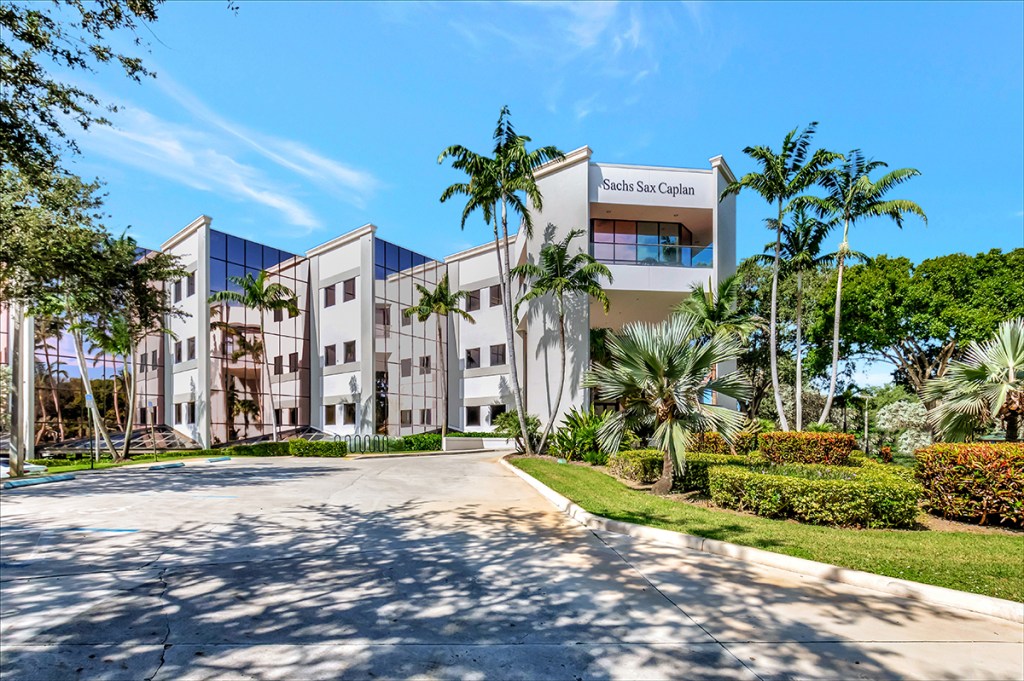
Starting from scratch
Though ground-up suburban office development is relatively rare these days, it can be a fruitful undertaking. Some projects bypass the commuting problem by integrating office buildings within suburban mixed-use. That’s how Toro Development is reinventing the former State Farm Insurance campus in Johns Creek, Ga., a holdover from the golden age of suburban office parks.
The company started out by demolishing most of the site’s original 500,000 square feet of office space. At full build-out, Toro’s Medley project will include 200,000 square feet of retail, 110,000 square feet of office space and 900 multifamily units.
“We created these spaces in the public realm for those employees to gather, mix and mingle with the general populace,” said CEO Mark Toro. “That energy exchange is what we are seeking, and that cannot be found in a suburban office park.”
As for making the office spaces more appealing to tenants, building with the intention of selling the property to potential tenants may be effective. “It’s the best response to the granularity in the market today,” asserted Tom Troy, president of Sharbell Development Corp. His company is developing Downtown Nexton, a mixed-use district northwest of Charleston in Summerville, S.C. “People are looking for maximum flexibility, maximum utility of the space that they’re renting, and also an opportunity to build equity.”
In addition to making some vacant sites in the district available for sale, Sharbell is offering 4,000- to 5,000-square-foot office condominiums to appeal to smaller businesses. “We still have the latitude to retain the assets and their pieces and stay true to our motto as a landlord and bring in additional market segments to participate,” said Troy.
Future-proof investments
Also at the top of the list for smart suburban office strategies: redevelopment potential, partly due to the age of much of the nation’s existing stock. That can mean anything from a vacant site that could be used for new amenities to a new ground-up project.
In October 2024, Rubenstein Partners completed the $36 million recapitalization of Parkwood Crossing, a 1.2 million-square-foot office park located in Carmel, Ind., a suburb north of Indianapolis. The project’s centerpiece is the Parkwood Amenity and Recreation Center, a 14,000-square-foot facility with a dining hall, a fitness center, conference spaces, a lounge and a deck. The property also offers outdoor recreation areas, including pickleball courts. So far, Rubenstein has invested in refreshing the building systems, entries and lobbies. Future additions may include restaurants and multipurpose green spaces.
Our main focus today is on acquiring suburban offices at a discount to what we think it would cost to rebuild.
– Chris Loeffler, CEO, Caliber
“The types of things that we look to buy are the things that have already been attractive to larger credit tenants, or we think (that) if we get in there and invest the capital and make the changes that we expect to make, we will draw them,” shared Eric Schiela, Rubenstein’s co-founder & COO.
Like densely populated urban areas with housing shortages, suburban neighborhoods offer options for office-to-multifamily makeovers. That also goes for suburb-like neighborhoods within big cities. In September 2024, Caliber purchased Canyon Corporate Center, a 311,706-square-foot Phoenix office property that the firm plans to convert to residential.
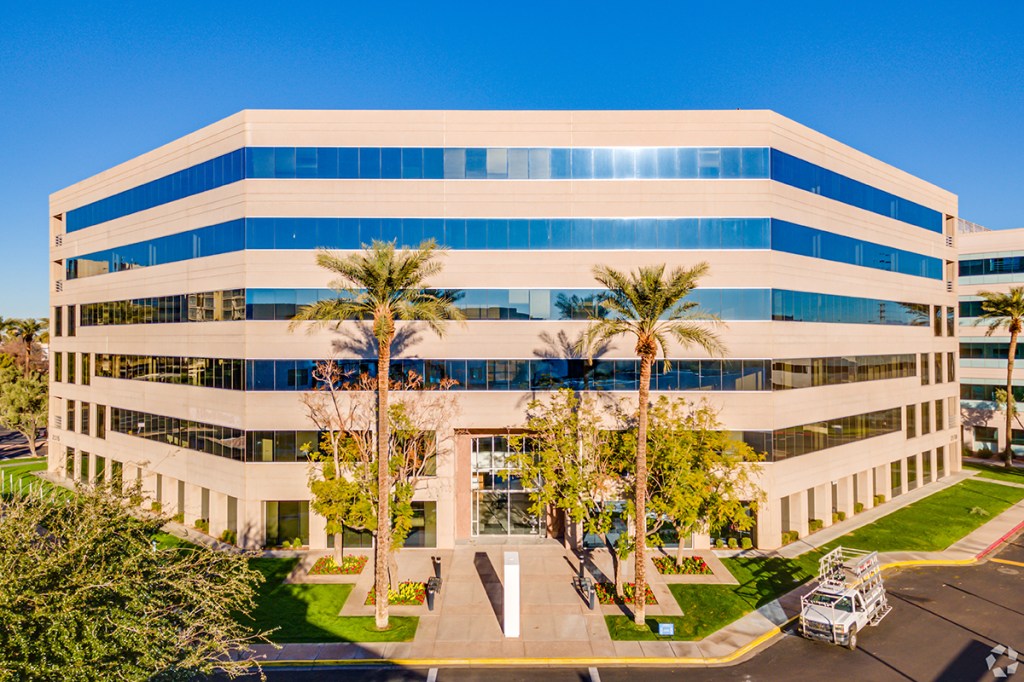
“(For acquisitions), we’re looking for those (buildings) that are long and skinny, where we can build a hallway in the middle to convert to residential, or those that have a lot of excess parking that we can use for other developments to support other uses,” said Loeffler.
Besides altering a property’s surroundings, making space more conducive to employee preferences for collaboration and socialization is another common thread for suburban office properties. In October 2024, Glenstar and a private investor completed a $16 million recapitalization of Presidents Plaza, a two-building, 831,442-square-foot property northwest of downtown Chicago.
The funds went to the construction of spec suites and common areas. “Where tenants are downsizing their space, they still need the facility to bring a larger group of employees back to congregate and to have larger meetings,” noted Koukol.



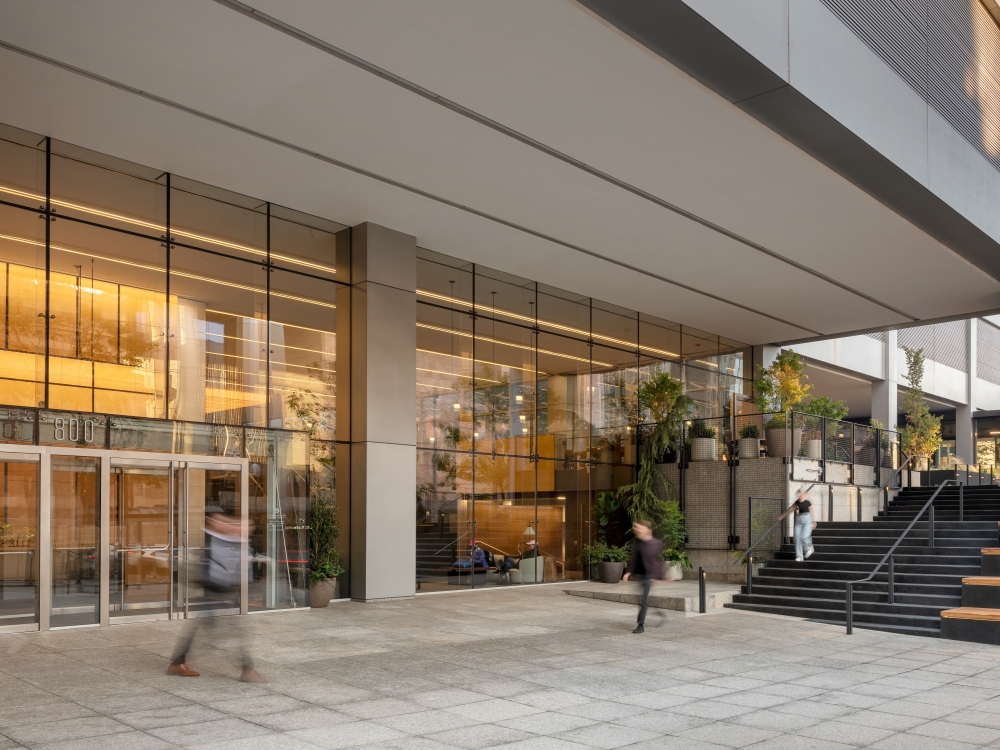
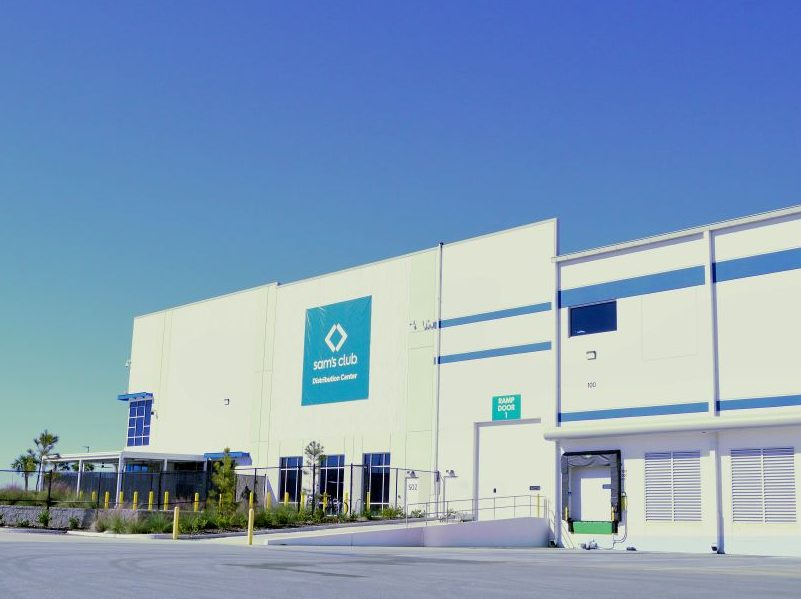
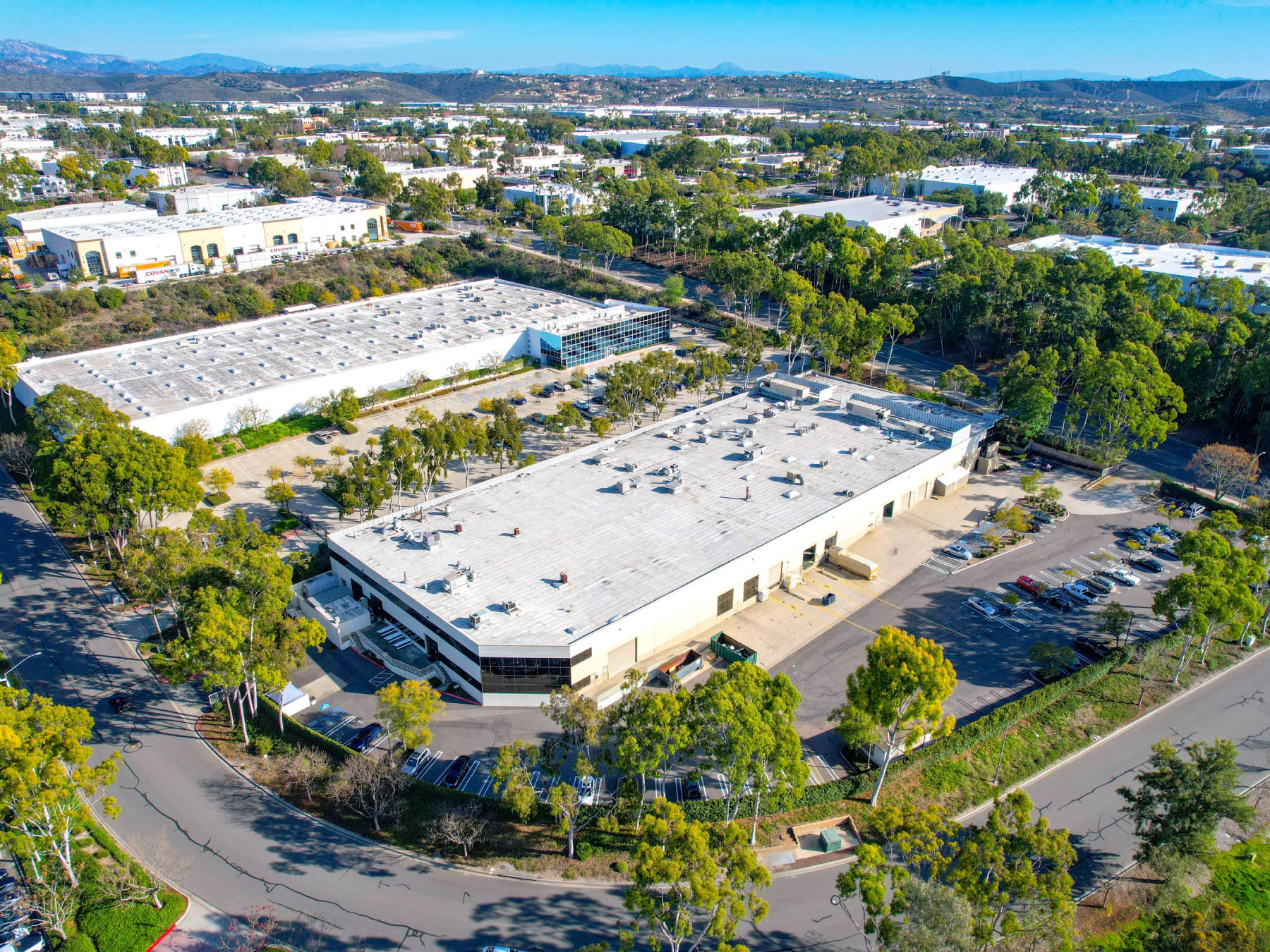
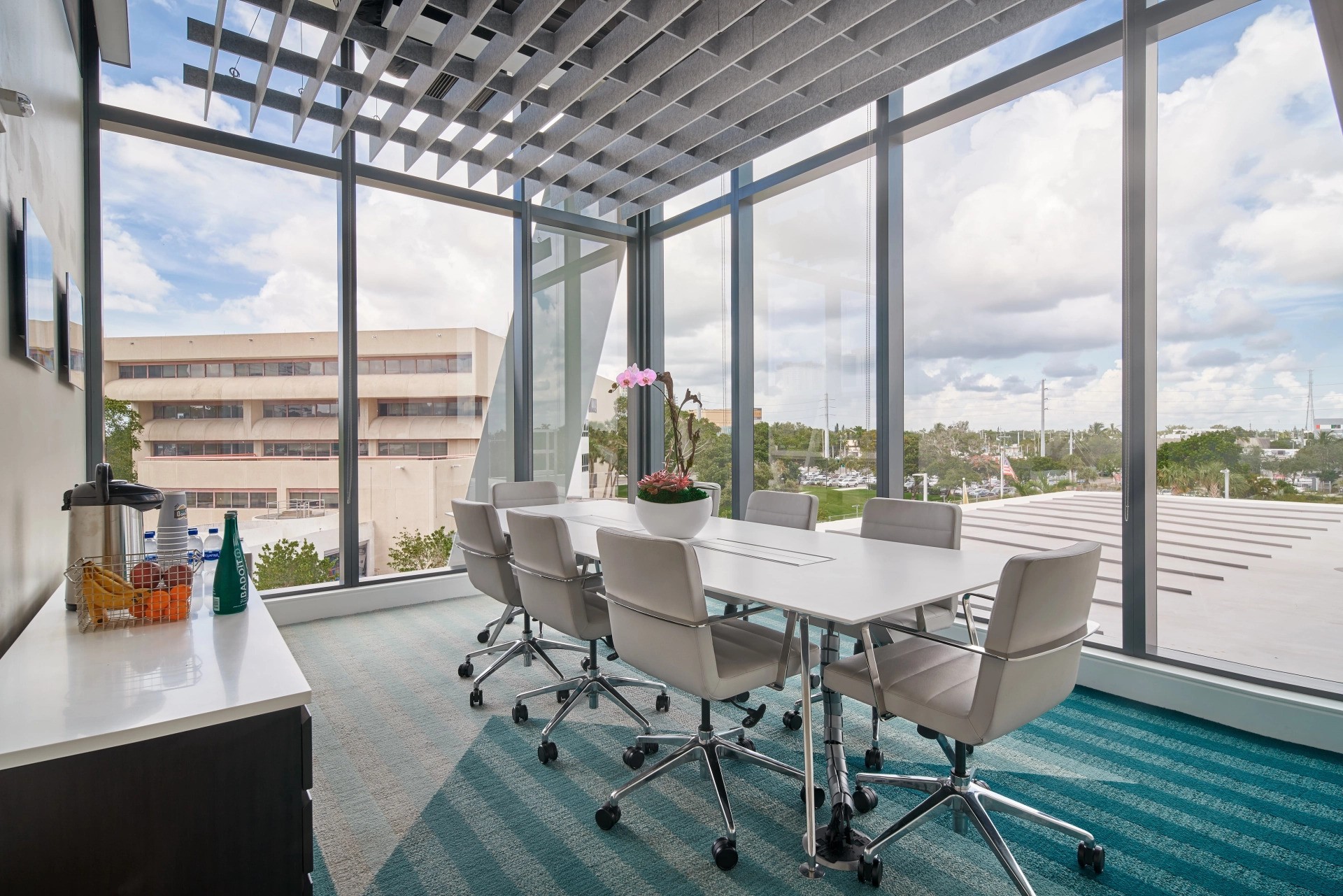

You must be logged in to post a comment.